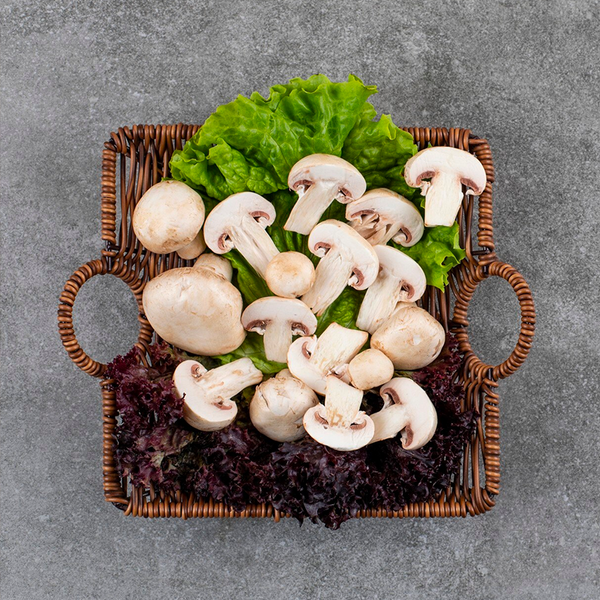Saffron: A Golden Spice for Brighter Moods and Curbed Appetite

Saffron, with its vibrant crimson threads and distinctive aroma, has been cherished for centuries as one of the world's most precious spices. Beyond its culinary allure, saffron has also earned a reputation for its potential health benefits. Among its various uses, saffron stands out for its ability to boost mood and reduce appetite, making it a valuable addition to your wellness toolkit. In this article, we'll explore the wonders of saffron and how it can positively impact our emotional well-being and eating habits.
The Power of Saffron on Mood Enhancement
Natural Antidepressant Properties
Saffron has been studied extensively for its antidepressant effects. The spice contains bioactive compounds, including crocin and safranal, which have been found to influence serotonin levels in the brain. Serotonin is a neurotransmitter responsible for regulating mood, emotions, and feelings of happiness. By promoting the release of serotonin, saffron can act as a natural mood enhancer and help alleviate symptoms of mild depression and anxiety.
Stress Reduction and Calming Effects
In today's fast-paced world, stress and anxiety can take a toll on our mental well-being. Saffron's active compounds have shown to have a calming effect on the nervous system, reducing stress and promoting relaxation. Including saffron in your diet or as a supplement may help manage daily stressors and improve overall emotional balance.
Enhanced Cognitive Function
Saffron's potential impact on cognitive function goes beyond mood enhancement. Studies suggest that saffron may improve memory, attention, and concentration. By supporting cognitive abilities, saffron can help you stay focused and sharp, contributing to a more positive outlook on life.
Saffron's Role in Appetite Suppression
Increased Serotonin, Reduced Snacking
As mentioned earlier, saffron can influence serotonin levels, which not only enhances mood but also plays a role in appetite regulation. Low serotonin levels are often linked to an increased appetite and cravings for carbohydrates and sweets. By boosting serotonin, saffron may help reduce emotional eating and prevent unnecessary snacking, ultimately supporting weight management efforts.
Improved Satiety and Reduced Hunger Pangs
In some studies, saffron has been associated with increased feelings of fullness and satiety. By making you feel more satisfied after a meal, saffron may reduce the tendency to overeat or engage in mindless snacking between meals. This effect can be especially beneficial for individuals looking to control their calorie intake and manage their weight.
Influence on Emotional Eating
Emotional eating is a common response to stress, anxiety, or boredom. As saffron has shown to enhance mood and reduce stress, it may indirectly help break the cycle of emotional eating. By promoting emotional well-being, saffron can support healthier eating habits and reduce the reliance on food for comfort.
Safety Considerations and Recommendations
While saffron offers promising benefits for mood enhancement and appetite reduction, it's essential to use it responsibly and in moderation. Saffron supplements should be taken as directed by a healthcare professional, especially if you are pregnant, breastfeeding, or have any underlying health conditions.
To incorporate saffron into your diet, consider adding a pinch of this precious spice to dishes like rice, soups, stews, and desserts. Saffron-infused herbal teas are another delightful way to enjoy its soothing properties.
Conclusion
Saffron, the golden spice, goes far beyond its culinary uses. With its potential to boost mood, alleviate stress, and reduce appetite, saffron has proven to be a valuable natural remedy for emotional well-being and weight management. By harnessing the power of saffron in your daily life, you can cultivate a healthier and more balanced approach to both your emotions and eating habits.
In same category
-
![]()
Saffron: A Golden Spice for Brighter Moods and Curbed Appetite
Saffron, with its vibrant crimson threads and distinctive aroma, has been cherished for centuries as one of the world's most...
-
![]()
Saffron: A Golden Spice for Brighter Moods and Curbed Appetite
Saffron, with its vibrant crimson threads and distinctive aroma, has been cherished for centuries as one of the world's most...
-
![]()
Saffron: A Golden Spice for Brighter Moods and Curbed Appetite
Saffron, with its vibrant crimson threads and distinctive aroma, has been cherished for centuries as one of the world's most...






